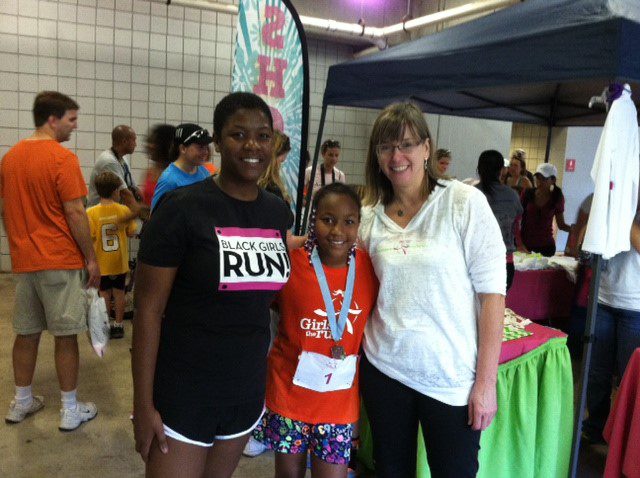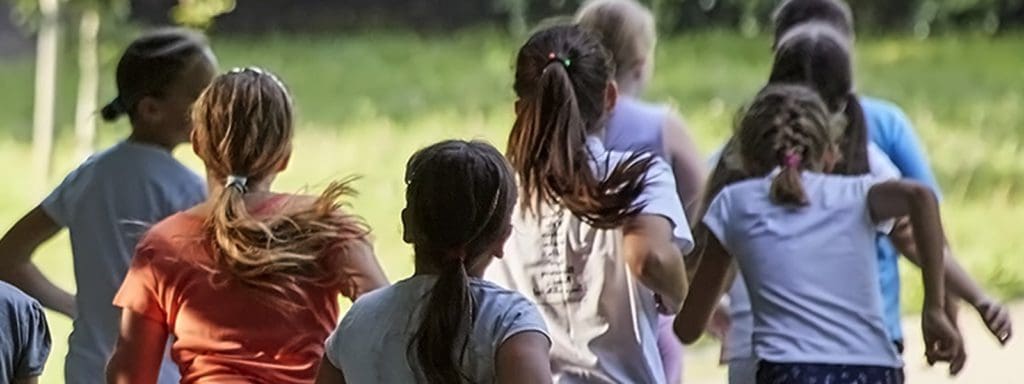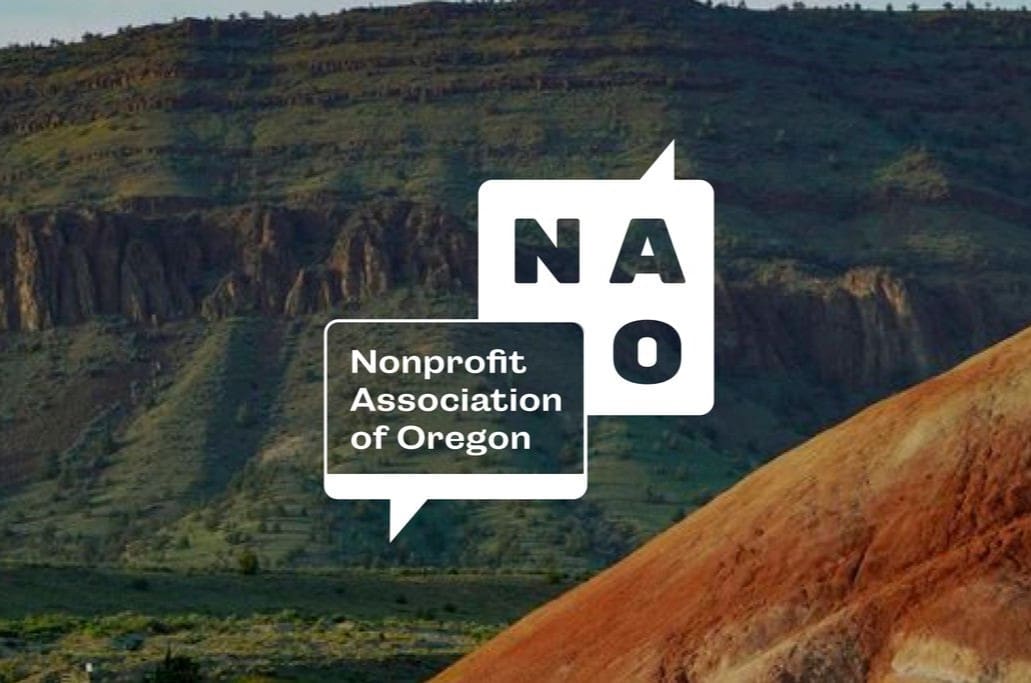Last April, a 13-year-old from Jacksonville, Florida, took the stage at the March for Science to proclaim that “I’m not just a black girl who’s interested in STEM; I’m a black girl who rocks STEM.” As the cheers died down, she borrowed a famous phrase from Muhammed Ail: “You’d better get used to me.”
The girl’s name was Taylor Richardson, and if you watch her speech on YouTube, words like “poise” and “confidence” will probably come to mind. But three years ago she was a very different person, fearful and withdrawn after a series of physical and verbal attacks at school.
Taylor needed a reason to believe in herself, and she found it by participating in Girls on the Run and completing a 5k, the culminating event of the national non-profit’s 10-week program.
“Preparing for and completing a 5k is a tangible experience for our girls to learn about setting and achieving goals,” says Elizabeth Kunz, CEO of IS member Girls on the Run. “Whether young or old, we build confidence by trying new things – especially things that may be difficult for us. Crossing the finish line is an a-ha, life-defining moment when our girls realize that when they set their mind on something, anything is possible. “
More than just a one-time jog around the park, GOTR offers an evidence-based curriculum focused on six C’s: competence, confidence, caring, character, connection and contribution. Thousands of volunteer coaches are formally trained to facilitate the curriculum each year, and a recent independent study shows that this extensive training leads to a positive life change for more than 200,000 girls each year.
“There is no other national girl-only, physical activity-based positive youth development program that formally trains its coaches on how to implement the curriculum as intended and to create positive relationships and a caring climate,” Kunz says.
Starting with just 13 girls in North Carolina in 1996, GOTR has served 1.4 million girls throughout its history and become a nationally recognized leader in the youth development space. But Kunz believes there’s much more work to be done.
She laments the “cultural and institutional gender biases and barriers that perpetuate and reinforce negative gender stereotypes, especially if you are a girl living in poverty, a girl of color, or a member of the LGBTQA community.
“We want all girls to recognize the power they have to define themselves on their own terms, and to rise above pervasive societal messages and barriers – both conscious and unconscious – that limit their potential.”
GOTR operates on the belief that girls can better dictate the course of their lives when they are given the opportunity, at a pivotal age, to use their voice, set and achieve personal goals, and feel like a valued member of a team.

Taylor Richardson (left) and Girls on the Run CEO Elizabeth Kunz (right).
It’s that sense of personal voice that leads Kunz to quote often from girls who have gone through the program: “One of my favorite quotes from a GOTR participant is ‘I learned I am the boss of my brain.’ Now, that is a girl with agency!”
Unsurprisingly, Kunz can’t help quoting Taylor Richardson as well. Looking back on her time with GOTR, Taylor says, “I learned to speak up and out about issues that bother me and to be a better friend and person to all people no matter their differences.” It’s that kind of confidence and focus that led her to the national March for Science, and she isn’t done yet.
One day Taylor hopes to be an astronaut who travels to Mars. That’s a journey of 34 million miles—but her first 5k might have been the most pivotal.



